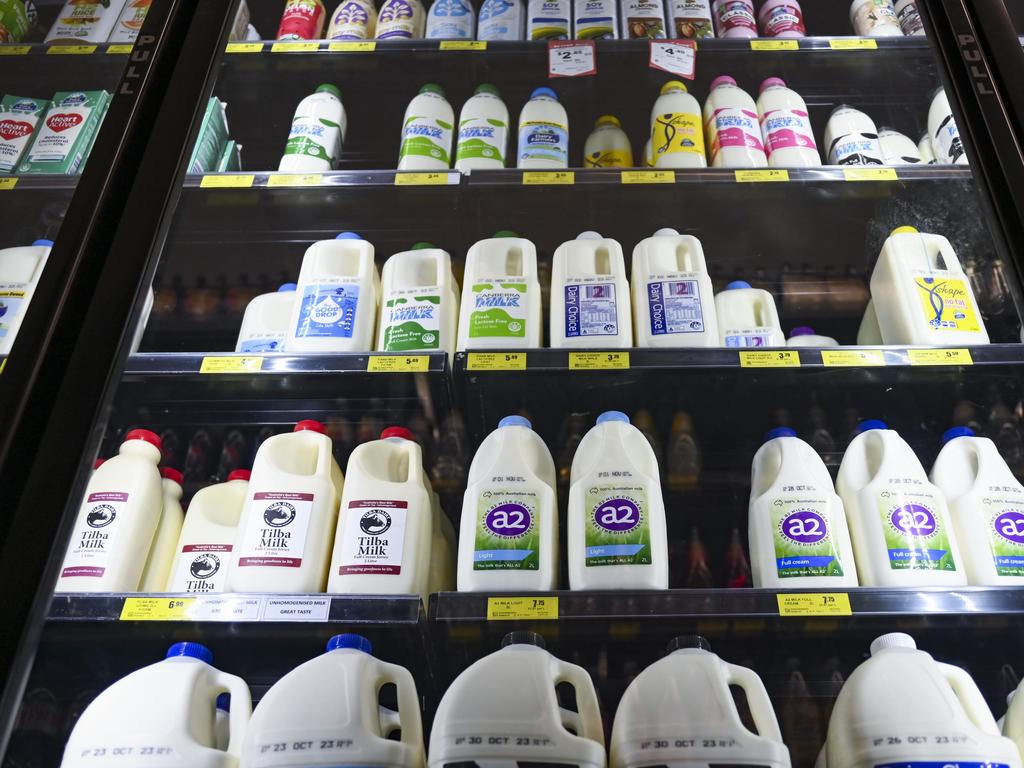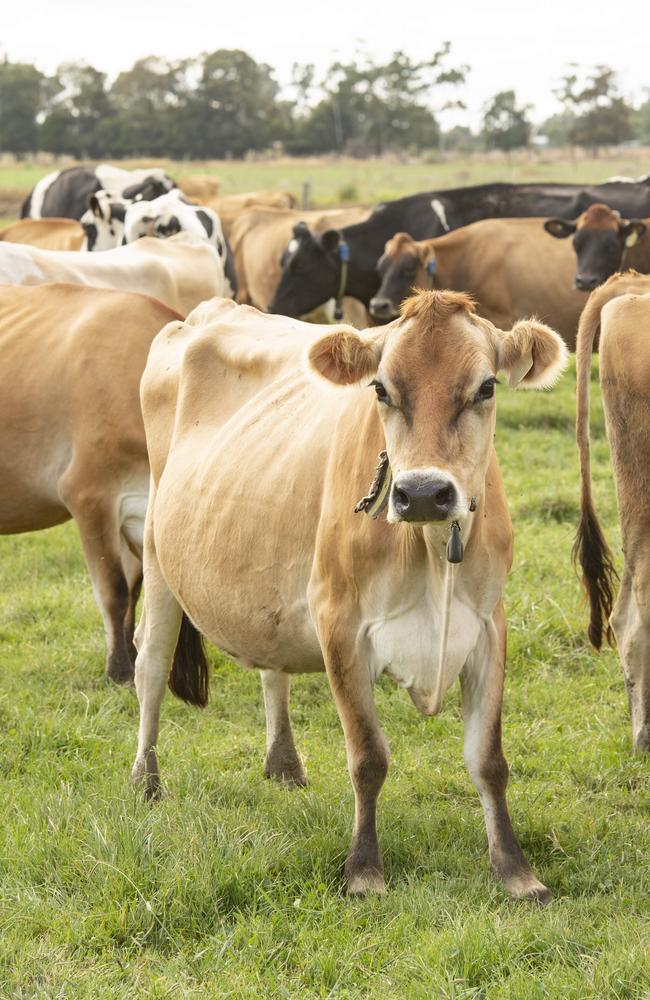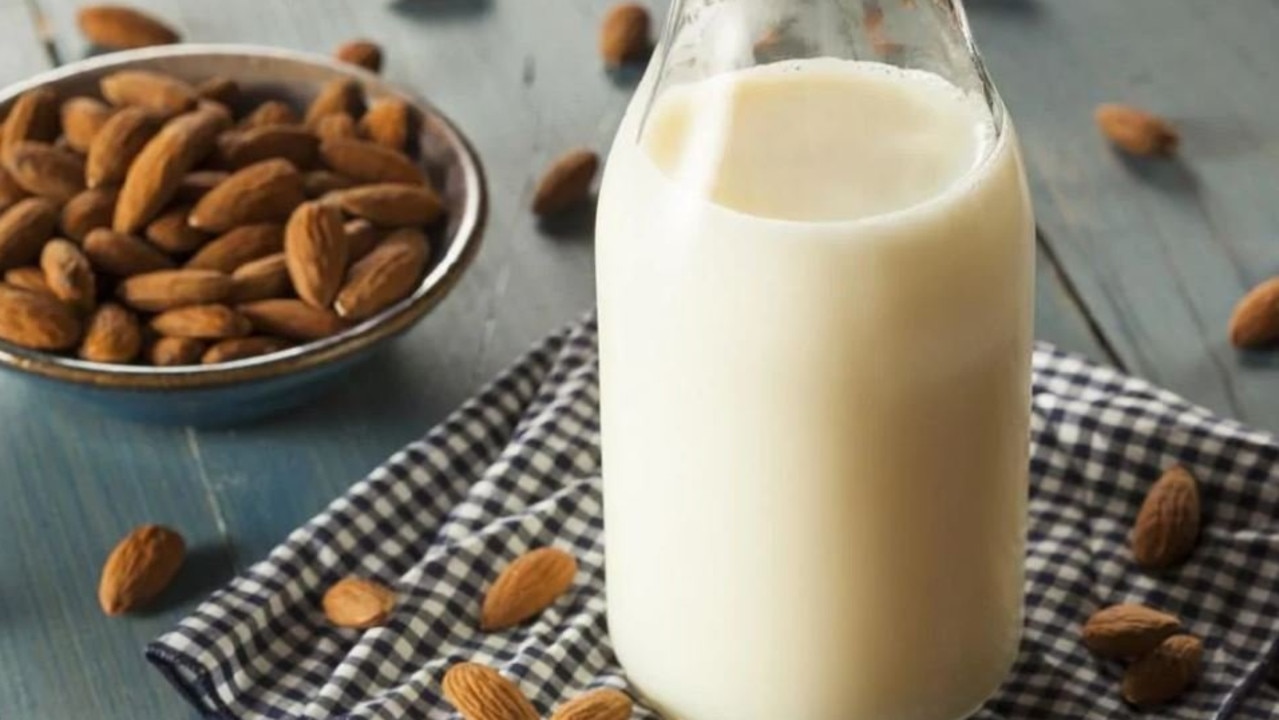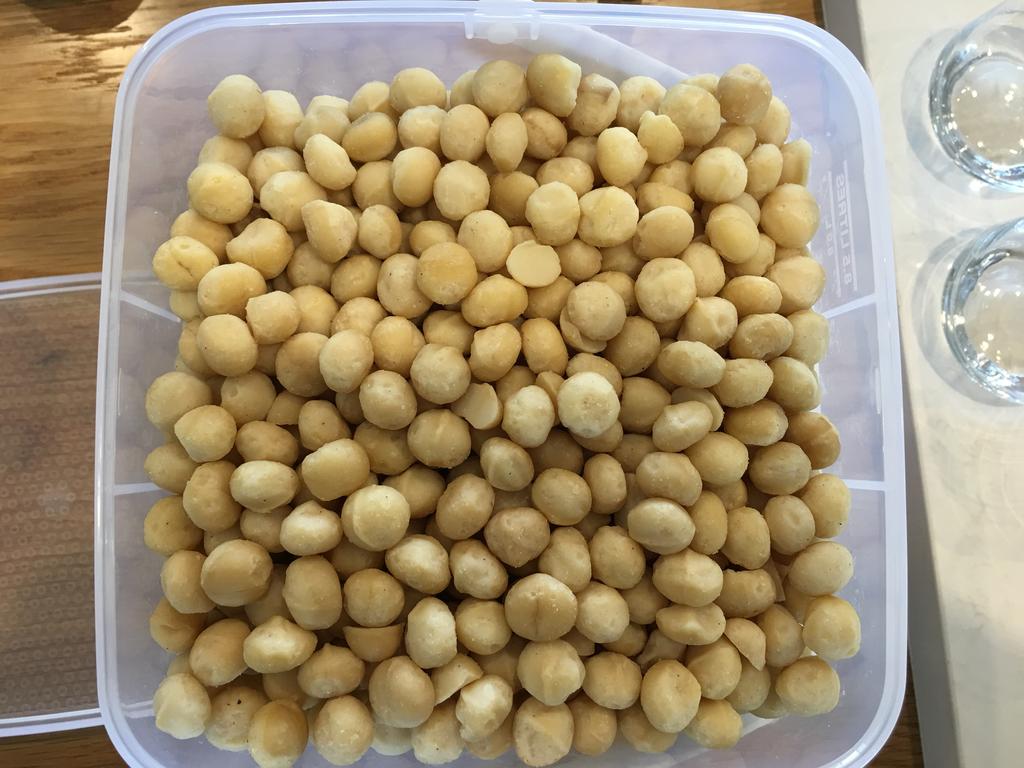Doctor Zac Turner reveals which kind of milk is really better for us
A fed-up Sydney barista has hit back after growing tired of dealing with “idiots” with “absurd” and demanding orders.
Welcome to Ask Doctor Zac, a weekly column from news.com.au. This week, Dr Zac Turner explains all things milk.
QUESTION: Hi Dr Zac, please help me, because I’m about to go postal on all the idiots in Bondi. I’m a barista at a hectic cafe down here. I won’t name the cafe, because I will probably lose my job for what I’m about to say. The people here drive me nuts. I love making great coffee, but all these absurd milk choices are giving me a headache.
Customers say they drink almond, oat, or soy milk because it’s better for them or because they have some kind of allergy, but I can’t help but wonder if some of it is just a trend. Are people really that sensitive to dairy, or is this just another fad? Are these alternative milks really better than good old full cream milk?
Honestly, when someone orders regular cow’s milk, I just want to give them a hug. Can you give me some solid information to set the record straight for these customers? I feel like some of them are more focused on trends than actually understanding what’s best for their health. – Charlie, 23, Randwick, NSW
ANSWER: Trust me, mate, I get it. The world has gone absolutely mad with milk these days, but I’m here to help clear up the confusion once and for all.
First things first, let’s address your point about milk allergies. Even I get a bit thrown off when I get to the counter to order my coffee and there are eight different milks to choose from. And I’m sure some people simply want to hop on the bandwagon, but let me reassure you: lactose intolerance and actual milk allergies are very real. It’s not just something people claim for attention — we’ve got some serious gut dramas happening under the surface.
There are plenty of folks out there who can’t touch dairy without feeling like their stomach’s staging a protest. So, when someone orders that oat milk latte, they probably don’t want to get into a full medical discussion with you. They just don’t want to spend the next hour on the porcelain throne.
But let’s talk about the main event here: Is plant-based milk really better than good old cow’s milk? Is it all hype? Or are people onto something?

Cow’s milk: The OG (with a few caveats)
Cow’s milk has been the gold standard for decades. Full-cream or skim, cow’s milk is packed with protein (around 8g per cup), calcium (300mg), and vitamins like A, D and B12. It’s an absolute champion for building strong bones, boosting energy and keeping the immune system on top form. Plus, it’s the stuff you grew up on, right?
For me, I spent three years as a child on a dairy farm where we harvested milk sustainably for our small community – not for sale. This meant we weren’t overstimulating the cows, and they lived much happier, healthier lives.
I’ve almost never found milk quite like that since, and while it might not be realistic for mass production, I’d still choose that kind of milk over anything else – especially when I just want to skol a glass of cold milk. But for those who mostly use milk in coffee, that level of effort might not be necessary.
Environmental impact: The biggest challenge with cow’s milk is its environmental footprint. Dairy farming requires significant amounts of water and land, with cows consuming large amounts of feed that demand agricultural resources. Additionally, cow’s milk production results in high greenhouse gas emissions, primarily methane.
However, small-scale, well-managed dairy farms that prioritise animal welfare and regenerative agricultural practices significantly reduce these negative impacts. The best-case scenario for the environment and ethics would be milk sourced from pasture-fed, well-treated cows.
Verdict: Nutritionally, cow’s milk is still one of the best, but it comes with an environmental cost unless sourced from ethical, sustainable farms.

A2 milk: The new dairy in town (but is it any better?)
A2 milk is marketed as being easier to digest for people who are sensitive to regular cow’s milk. The idea is that A2 milk comes from cows that produce a different form of protein, which some people find gentler on their gut.
Research suggests that A2 protein is less likely to cause digestive discomfort compared to the A1 protein found in regular cow’s milk. However, it still contains lactose, so it won’t work for those with full-blown lactose intolerance.
Environmental impact: Since A2 milk still comes from cows, its environmental footprint is nearly identical to regular cow’s milk. However, some A2 milk brands focus on better animal welfare and sustainability practices. If you’re choosing dairy and digestion is an issue, A2 milk from an ethical source is a reasonable choice.
Verdict: Good for digestion but otherwise similar in nutrition and environmental impact to standard cow’s milk.
Plant-based milk: The good, the bad, and the nutty
• Almond milk: The water guzzler
Almond milk is low in calories and often fortified with calcium and vitamin D since it lacks these nutrients naturally.
However, nutritionally, it’s quite weak – offering only about 1g of protein per 100ml.
Environmental impact: Almond milk’s environmental toll is significant, requiring enormous amounts of water to produce – about 371 litres per litre of almond milk.
Additionally, almond farming relies heavily on commercial beekeeping, which has been linked to bee population decline due to pesticide exposure and colony overworking. If sustainability is your concern, almond milk is one of the worst choices.
Verdict: Low in nutrition and high in environmental cost — best avoided if sustainability matters to you.

• Soy milk: The balanced middle ground
Soy milk provides a solid balance, offering 3-4g of protein per 100ml – much closer to cow’s milk than other plant-based options. Studies show that soy is a beneficial alternative due to its high protein and ability to be fortified with calcium and essential vitamins.
Environmental impact: While soy crops do contribute to deforestation in some regions, soy used for milk production typically comes from more sustainable, non-GMO sources. Compared to almond milk, soy milk requires far less water and does not impact pollinators like bees. However, responsible sourcing is key.
Verdict: A nutritionally solid option with a moderate environmental impact – sourcing matters.
• Oat milk: The eco-friendly favourite
Oat milk has risen in popularity for its creamy texture and lower environmental footprint. It has around 1-2g of protein per 100ml, making it lower in protein than soy milk but still a reasonable alternative.
Environmental impact: Oat milk is one of the best options when it comes to sustainability. It requires significantly less water than almond milk, produces minimal greenhouse gases and does not rely on bee pollination.
However, some commercial oat milk brands contain added oils and sugars, which can reduce their overall health benefits.
Verdict: A good environmental option with moderate nutrition – check the labels for unnecessary additives.

• Macadamia milk: The premium option
Macadamia milk is a newer player in the milk alternative space. It offers a smooth, creamy texture and contains healthy mono-unsaturated fats. However, it has very little protein, similar to almond milk.
Environmental impact: Macadamias require less water than almonds but still need a considerable amount of agricultural input. Because macadamia trees take longer to mature, they require significant land use before they yield crops.
Verdict: A premium option with a lower environmental impact than almond milk but not as sustainable as oat or soy.

Final verdict: The best and least harmful choices
Best for nutrition:
1. Cow’s milk (if tolerated and ethically sourced)
2. Soy milk (high protein, fortified with calcium and vitamins)
3. A2 milk (if dairy is an option but digestion is an issue)
Best for the environment:
1. Oat milk (low water use, no bee impact, no deforestation)
2. Soy milk (moderate impact, depends on sourcing)
3. Macadamia milk (better than almond, but land-intensive)
The truth is there’s no one-size-fits-all answer, but at least now you’ve got the facts to back up your coffee conversations.
Got a question? Email askdrzac@conciergedoctors.com.au
Follow Dr Zac on Instagram
Dr Zac Turner is a medical practitioner specialising in preventative health and wellness. He has four health/medical degrees – Bachelor of Medicine/Bachelor of Surgery at the University of Sydney, Bachelor of Nursing at Central Queensland University, and Bachelor of Biomedical Science at the University of the Sunshine Coast. He is a registrar for the Australian College of Rural and Remote Medicine, and is completing a PhD in Biomedical Engineering (UNSW). Dr Zac is the medical director for his own holistic wellness medical clinics throughout Australia, Concierge Doctors.






